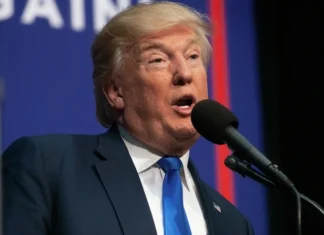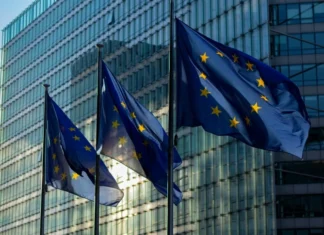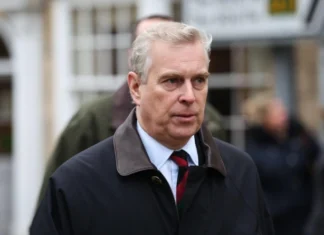Diplomacy in Action: Russian Ambassador Summoned Following Attacks Near Romania’s Border
In a dramatic escalation of tensions in Eastern Europe, the Russian ambassador to Romania has been summoned to the Ministry of Foreign Affairs (MAE) in Bucharest. This unprecedented move comes in response to recent military actions by Russia, specifically targeting Ukrainian regions close to Romania’s borders. Such developments have heightened concerns regarding regional security and the potential for conflict that could spill over into neighboring countries.
The summoning of the ambassador signals Romania’s serious approach to safeguarding its national interests and responding to threats posed by the ongoing conflict in Ukraine. The attacks, which have drawn international condemnation, are perceived not only as a violation of Ukrainian sovereignty but also as a potential risk to the stability of surrounding nations, including Romania, a member of both NATO and the European Union.
Romania has historically been a staunch supporter of Ukraine’s territorial integrity and has condemned military aggressions from Russia. The Romanian government’s decision to call in the Russian ambassador marks a clear stance against the actions that undermine peace and stability in the region. Diplomatic channels are crucial in these situations, and Romania is utilizing this opportunity to express its concerns directly to the Russian government.
In light of the situation, Romania’s leadership is engaged in discussions not only at the national level but also within international organizations. The country has a vested interest in ensuring collective security commitments under NATO, particularly given its strategic position in Eastern Europe. Additionally, the potential for an influx of refugees or destabilizing factors emerging from the conflict necessitates proactive measures from the Romanian government.
The summoning of the ambassador aligns with a broader international response to Russia’s military incursions. Countries around the globe have rallied to support Ukraine, imposing sanctions on Russia and providing various forms of aid to help resist the aggression. Diplomatic actions like that of Romania serve to maintain pressure on Russia to reconsider its military strategies and engage in constructive dialogue rather than escalating violence.
Romania’s diplomatic response hinges on historical experiences and the lessons learned from previous conflicts in the region. The Cold War period still echoes in the policies of Eastern European countries, and there is a heightened sensitivity to any actions that could threaten regional stability. Thus, by engaging directly with the Russian diplomatic mission, Romania aims to communicate its position effectively while mitigating the risks of miscalculation that could arise from miscommunication.
As tensions continue to rise, international observers are closely monitoring the situation, awaiting responses from both the Russian government and other global leaders. The potential ramifications of these military actions extend beyond Ukraine, impacting NATO dynamics, European energy security, and the geopolitical landscape of Eastern Europe.
Looking ahead, Romania’s approach may set a precedent for how other nations respond to similar provocations. The necessity for strong, unified responses from NATO and the European Union becomes increasingly clear in the face of aggression. Romania’s proactive stance exemplifies a commitment not only to its national security but also to the broader ideals of peace and cooperation in a region that has witnessed significant turmoil.
In conclusion, the summoning of the Russian ambassador by Romania represents a critical moment in the ongoing conflict involving Ukraine and serves as a reminder of the delicate balance of diplomacy and security in a region facing immense challenges.






